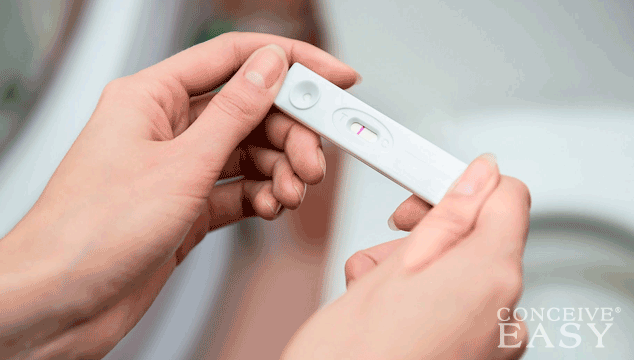![]() The information provided by our expert should not constitute a diagnosis of your condition. Always consult a medical practitioner or healthcare provider for a formal diagnosis. By making use of this content, you agree that ConceiveEasy and the expert assume no liability.
The information provided by our expert should not constitute a diagnosis of your condition. Always consult a medical practitioner or healthcare provider for a formal diagnosis. By making use of this content, you agree that ConceiveEasy and the expert assume no liability.
Secondary infertility is defined as the inability to become pregnant or to carry a pregnancy to term, following the birth of one or more biological children. The birth of the first child does not involve any assisted reproductive technologies or fertility medications. Many might think that it’s not that big of a deal since a couple already has a child. However, secondary infertility does not make it any less than infertility. Here are a few reasons why it is depressing. Claim Your 20 Free Pregnancy Tests – Click Here

They did not have any problem to get pregnant the first time, so couples who are facing secondary infertility are in great shock to find out that they are having problems getting pregnant again. Some of them will go scratching their heads in trying to know what could’ve caused them trouble conceiving the second time.

They may not have any intention to hurt a couple who’s experiencing secondary infertility, but sometimes, unasked-for advice like, “At least, you have one child, that’s better than others who don’t have kids at all.” The intention to that advice could possibly be to cheer them up; however, advice like this may just hurt their feelings even more.

A woman is born with a set number of eggs to use during her entire lifetime. The body starts releasing the egg during puberty. By instinct, the body releases the best eggs first, which can happen usually when the woman is in her 20s. This is why they are said to be most fertile when they’re around that age. By the time she reaches 30, her fertility begins to decline. Getting pregnant after 40 becomes much harder. Women can get pregnant until age 45, but fertility does decline and it does become increasingly difficult.
Additionally, if you and your partner have been having unprotected intercourse for more than 6 months, it is time to seek professional help. Further exams may need to be done by the doctor to you and your partner to determine what the possible problem is. And if need be, he or she will refer you to a fertility specialist.
Secondary infertility is something that many couples are experiencing and even though we may not understand why they are in pain, letting them know we’re just there to listen to them can be a great help for couples experiencing it.










Comments